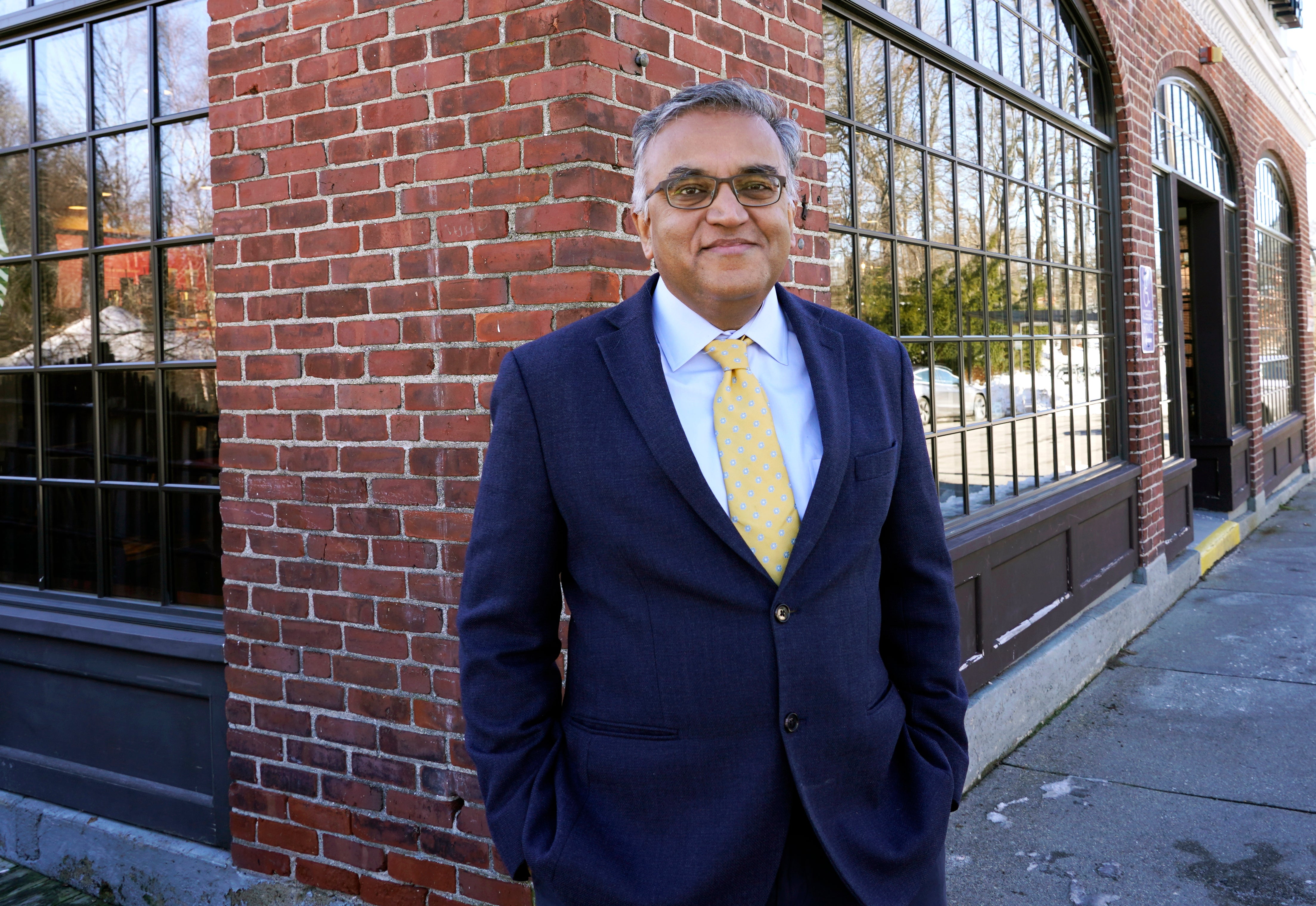
President Biden’s new Covid tsar says he isn’t “excessively concerned” about the US at the moment - despite the emergence of two new Omicron sub-variants and a steady rise in cases.
After almost three months of cases being on a downward trajectory following the Omicron surge this winter, cases are once again climbing in parts of the US.
White House Coronavirus Response Coordinator Dr Ashish Jha, previously the dean of the Brown University School of Public Health, said on Monday morning that excessive concern is unnecessary despite the fact that cases are on the rise in more than half of the states.
Daily cases have increased over the last two weeks in 26 states, with cases also on the rise in the US as a whole. Figures from Friday 8 April show an average of 36,204 daily cases, a rise of 25 per cent compared to the week before.
On Monday, the World Health Organisation also announced it was investigating two new Omicron sub-variants BA.4 and BA.5.
They have so far been reported in South Africa, Botswana, Belgium, Germany, Denmark and the UK where health officials said the variants carried “potentially biologically significant mutations”.
In the US, Dr Jha called for calm, noting that hospitalisations are at their lowest level since the start of the pandemic.
He blamed the rise in US cases on the ‘incredibly contagious’ BA.2 variant.
“The thing that we care most about, people getting really sick, hospitalisations, deaths, they remain really low. We have fewer people in the hospital right now than at any point in the pandemic,” Dr Jha said.

“I don’t think this is a moment where we have to be excessively concerned,” Dr Jha told NBC’s Today.
“We should not let this infection run wild, we should watch it carefully and keep it under control. At the same time, we don’t have to let it dictate our lives anymore”.
Cases in New York have increased by 60 per cent in the last two weeks, while Mississippi has seen a 57 per cent rise, cases in Kansas have risen by 41 per cent, and by 40 per cent in Oregon.
The BA.2 variant of the virus is referred to as a “stealth” variant as it can avoid some detection methods and it’s thought to only be discoverable by using genomic sequencing.
Last week, the Centers for Disease Control and Prevention (CDC) said the BA.2 variant is now making up 72 per cent of sequenced cases in the country.
But the variant, much like those that have come before it, is milder and causes fewer hospitalisations and deaths even while it’s more contagious.
Recent figures show that just over 15,000 Americans are in hospital with Covid-19 each day. That’s a reduction of 18 per cent in the last two weeks. These figures also include people who have been hospitalised for another condition but then tested positive for the virus, meaning their symptoms may be mild.
On Friday, the US was recording 551 daily deaths from the virus, the lowest number since August of last year.
The Chief Medical Advisor to the President and the Director of the National Institute of Allergy and Infectious Diseases, Dr Anthony Fauci, told ABC’s This Week on Sunday that “this is not going to be eradicated and it’s not going to be eliminated”.
“What’s going to happen is that we’re going to see that each individual is going to have to make their calculation of the amount of risk that they want to take in going to indoor dinners and in going to functions,” he added.
CDC data states that 89 per cent of adult Americans have received at least one dose of the vaccine and 75 per cent are fully vaccinated. Almost half of all adults have received a booster shot.
But Dr Jha added that “there are still a lot of Americans that are not yet vaccinated or boosted” and that when they are infected, “the consequences are still quite substantial”.







